Medical Committee Netherlands–Vietnam and the untold 50-year touching stories (part 1)
On 18 November 1968, Medical Committee Netherlands –Vietnam (MCNV) was established. The birth of MCNV marked the formation of a cross – continent bridge, delivering the supports of Dutch people to the Vietnamese in the midst of the worst phase of the resistant war for independence.
Over the past 50 years, this friend has remained loyal to Vietnam in every step of its development right from reconstruction to modernization and from modernization to sustainable development as well.
At the MCNV’s 50th anniversary celebration in Hanoi, many great stories have been told. They are Dutch friends who with never – ending enthusiasm, stood strong with Vietnamese for almost half century.
From foreign land to second homeland
Fifty years ago, Adrianus Spijker (Ad), in his twenties, had a memorable year, joining a protest against the war. In the midst of an escalating war, as an MCNV volunteer, the young man from Nijmegen city, was eagerly involved in most humanitarian relief activities such as mobilizing money, necessaries and medicine to send to Vietnam.
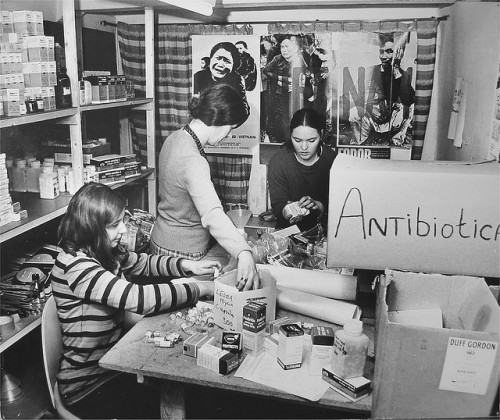
Medication was donated to Vietnam through MCNV in the late 60's. Photo material MCNV
In 1973, MCNV initiated the construction of a hospital for Quang Tri Province, the "pan of fire" of the war. Along with many other volunteers, Ad also devoted two years for raising aids and funds to make this humane idea a reality.
"During that difficult period, in Vietnam, construction materials such as cement and steel and petrol were not available easily. Therefore, each piece of the hospital was completed in the Netherlands, and then brought to Vietnam through Hai Phong port to reach Dong Ha, Quang Tri," Ad recalled.
After more than two years of construction, under the auspices of the Minister for Development and Cooperation Jan Pronk and all of Dutch universities, the Dutch hospital was officially inaugurated in 1977. This was an important turning point in the midst of the post war health shortage in the country. Especially in the poor province of Quang Tri, with many hotspots of explosives left over after the war, the establishment of the Dutch hospital played a very important role in saving the lives of many victims.
 |
Ad Spijker and sisters Ha - Lan, twins, who were born at the Dutch hospital in 1977. Photo: PY
The war ended, Ad continued to help Vietnam in the reconstruction of the country. In 1976, he came to Vietnam for a medical project. In 1984, he returned to the United Nations Food and Agriculture Organization (FAO), and made significant contributions to nutrition projects.
Ad's affection for Vietnam became increasingly deep as he found his "better half" in Vietnam, his second home.
Following this, FAO's mission has led Ad to leave Vietnam to support poverty reduction in many countries such as China, Bangladesh and Congo. But Ad's heart had always been with Vietnam. After those trips, he choosed to return back to the country. At age 70, this MCNV’s volunteer retired, but continued to give endless support to Vietnam as an independent agricultural and food advisor.
| MCNV was founded on November 18, 1968 by a group of Dutch intellects: Professor Jaap de Haas, Doctor Nick van Rhijn and Doctor Fred Groenink, aiming at providing large-scale medical supplies for areas which were harshly devastated by the war in Vietnam. The birth of MCNV marked the formation of a cross-continent bridge, helping deliver the supports of Dutch people to Vietnamese who were in need. Via MCNV, in late 1960s and early 1970s, besides anti-war demonstration, Dutch people have shown their sincere, enthusiastic support for the Vietnamese people via many practical activities. In 1973, MCNV raised EUR4 million from 67,000 sponsors for Vietnam. In the early days, the majority of sponsorship for Vietnam was in the form of “emergency aid”, with the provision of neccessities (food, medicines, medical equipments), and items serving the need of daily life and the resistant war, like sewing machine and bicycle. Since the 1990, MCNV supports for Vietnam has gone beyond the area of medication as its name says. Its projects have been expanded to climate change response, improve livelihood, microfinancial services, social inclusion. |
( Translated by Hue Minh )
Recommended
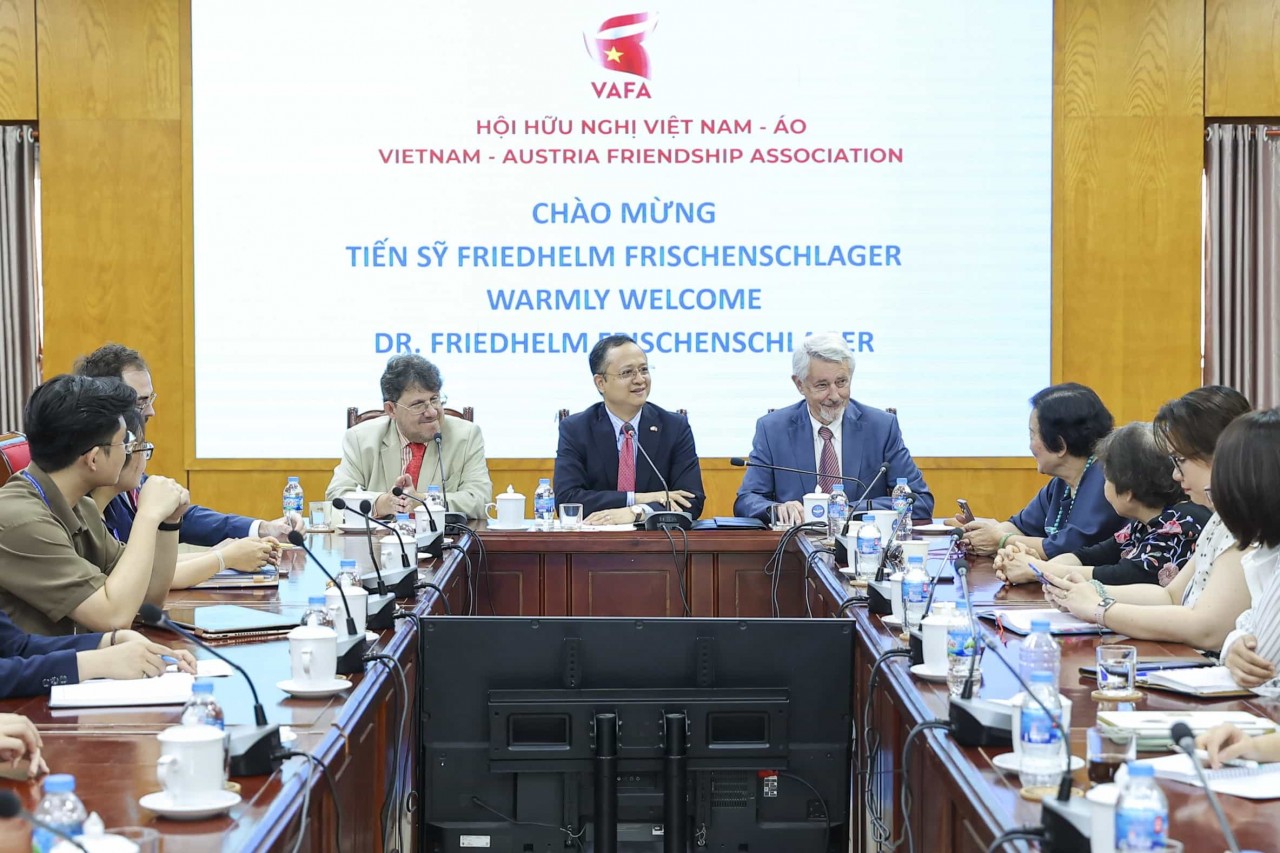 Focus
Focus
Vietnam-Austria Relations: Unlocking the Potential for Cooperation in Key Areas
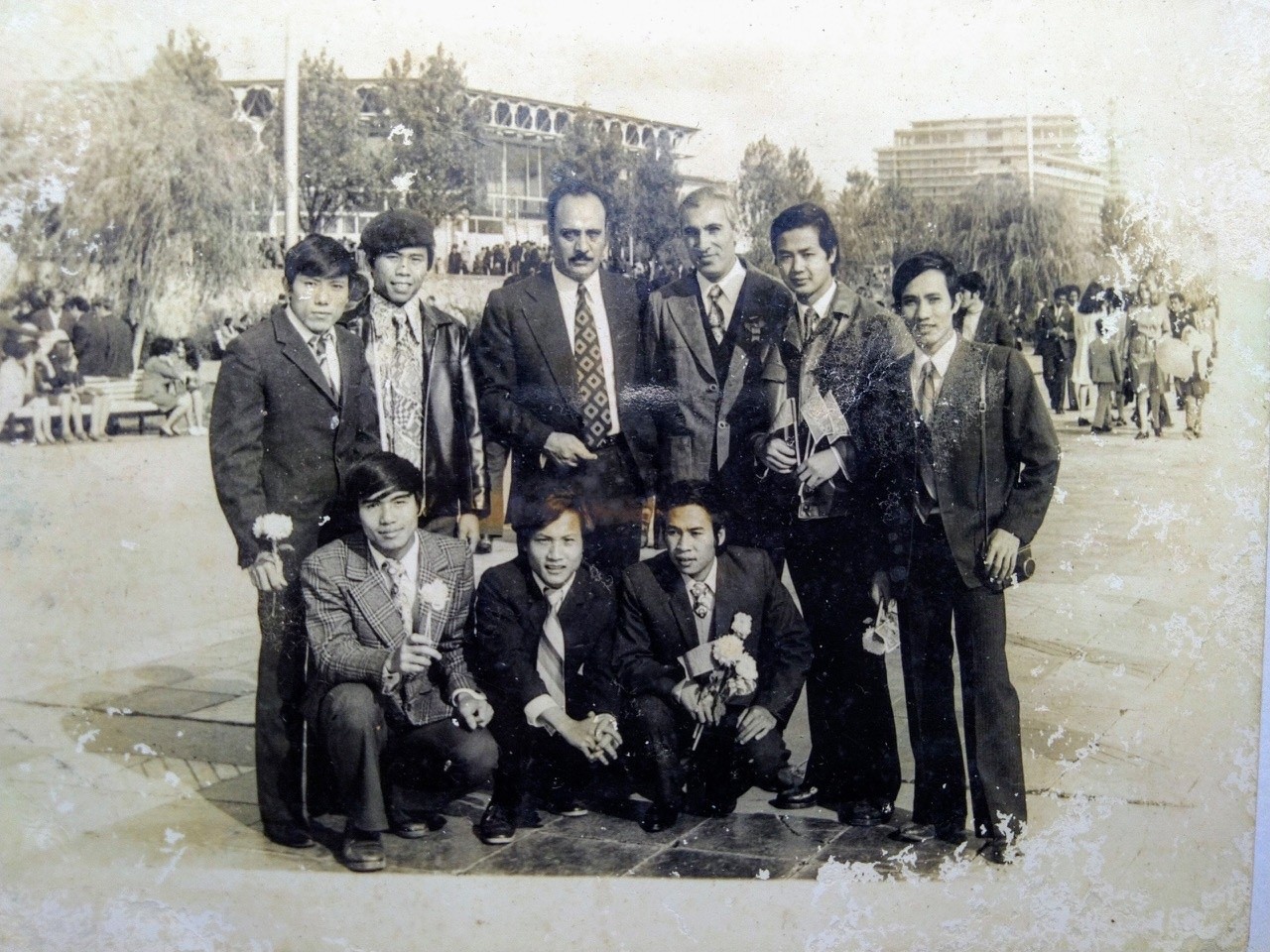 Friendship
Friendship
Vietnam - Azerbaijan: Cherished Memories Should Be Carried Forward with New Achievements
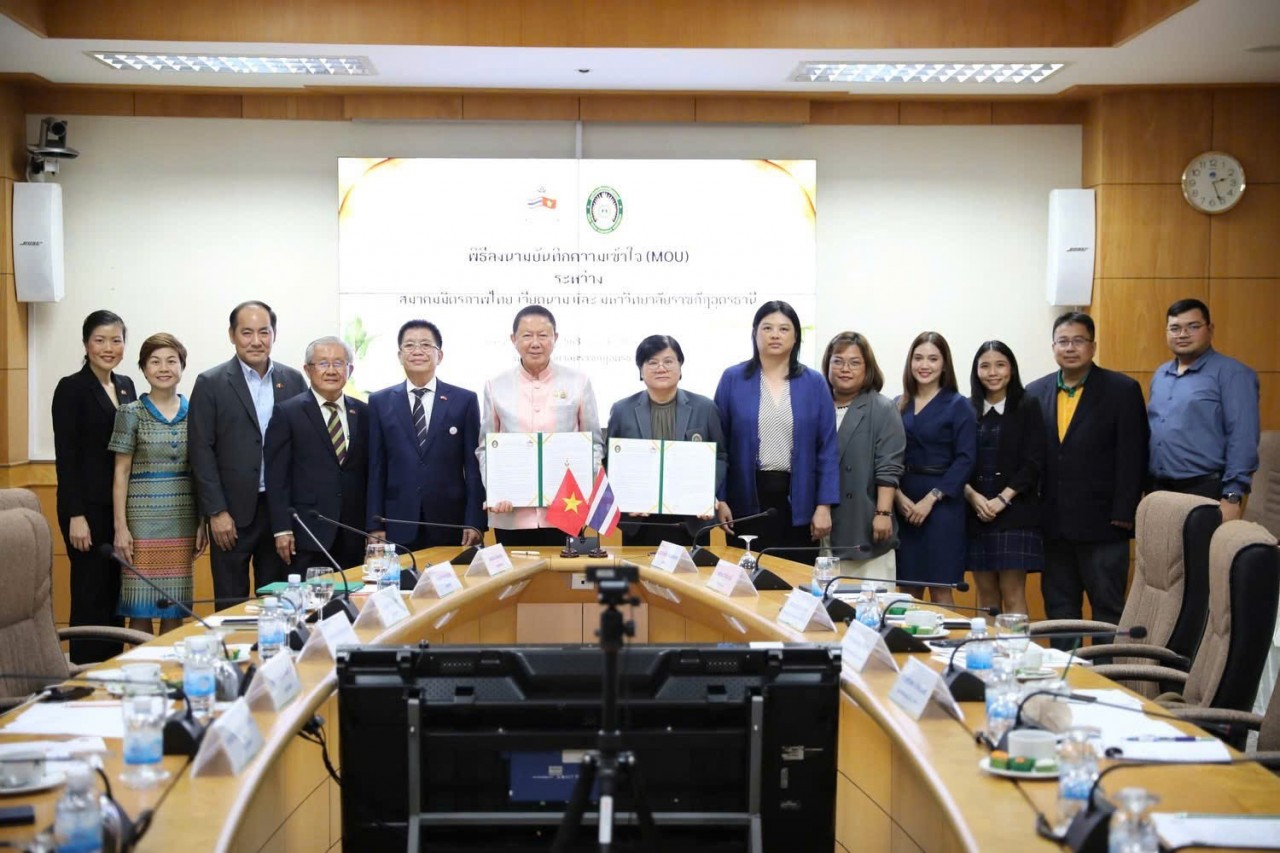 Friendship
Friendship
Center for Vietnamese Studies, Thailand-Vietnam Friendship Association Collaborate on Language Training
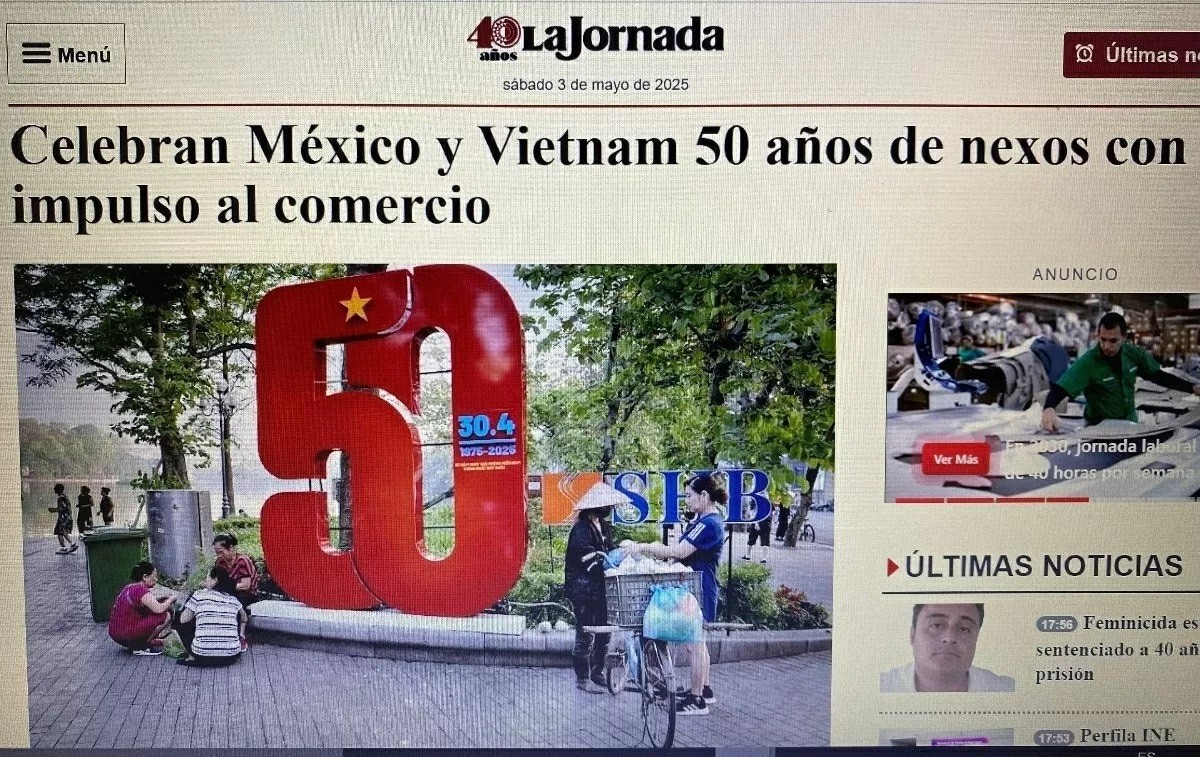 Friendship
Friendship
50 Years of Mexico-Vietnam Diplomatic Relations: Continuous Flourish in All Fields
Popular article
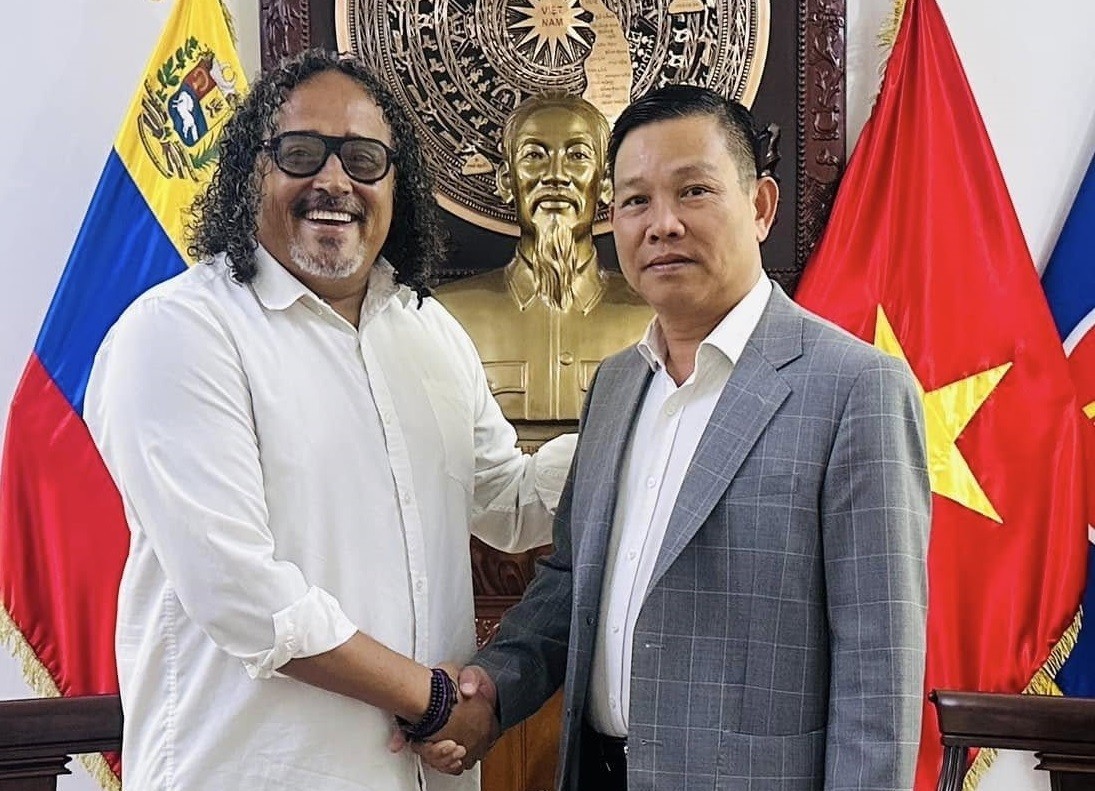 Friendship
Friendship
Venezuelan Artists Commemorate President Ho Chi Minh through Revolution Music
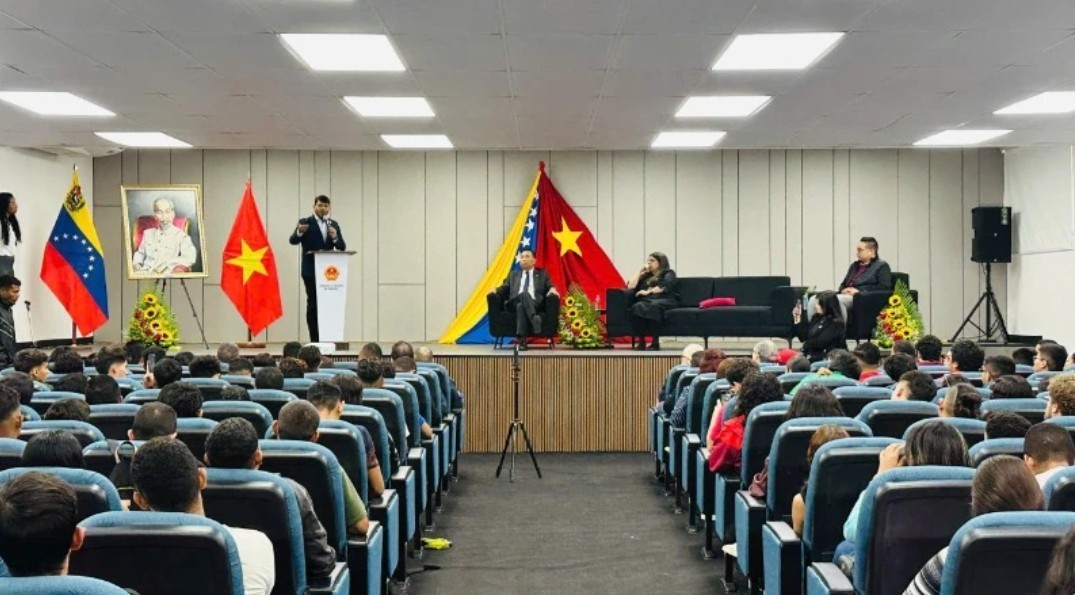 Friendship
Friendship
Vietnam's April 30 Victory Celebrated in Venezuela
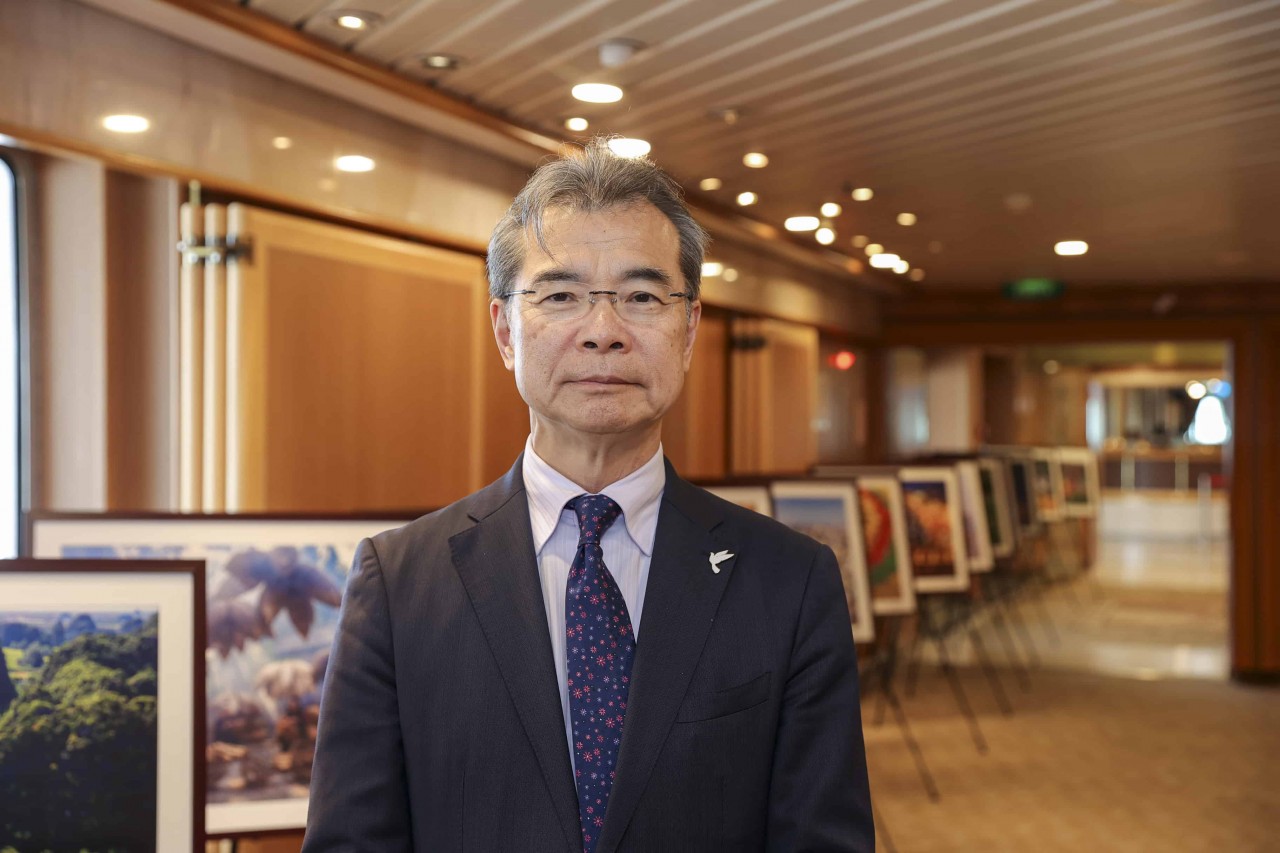 Friendship
Friendship
Vietnam’s History: Precious Legacy of Peace
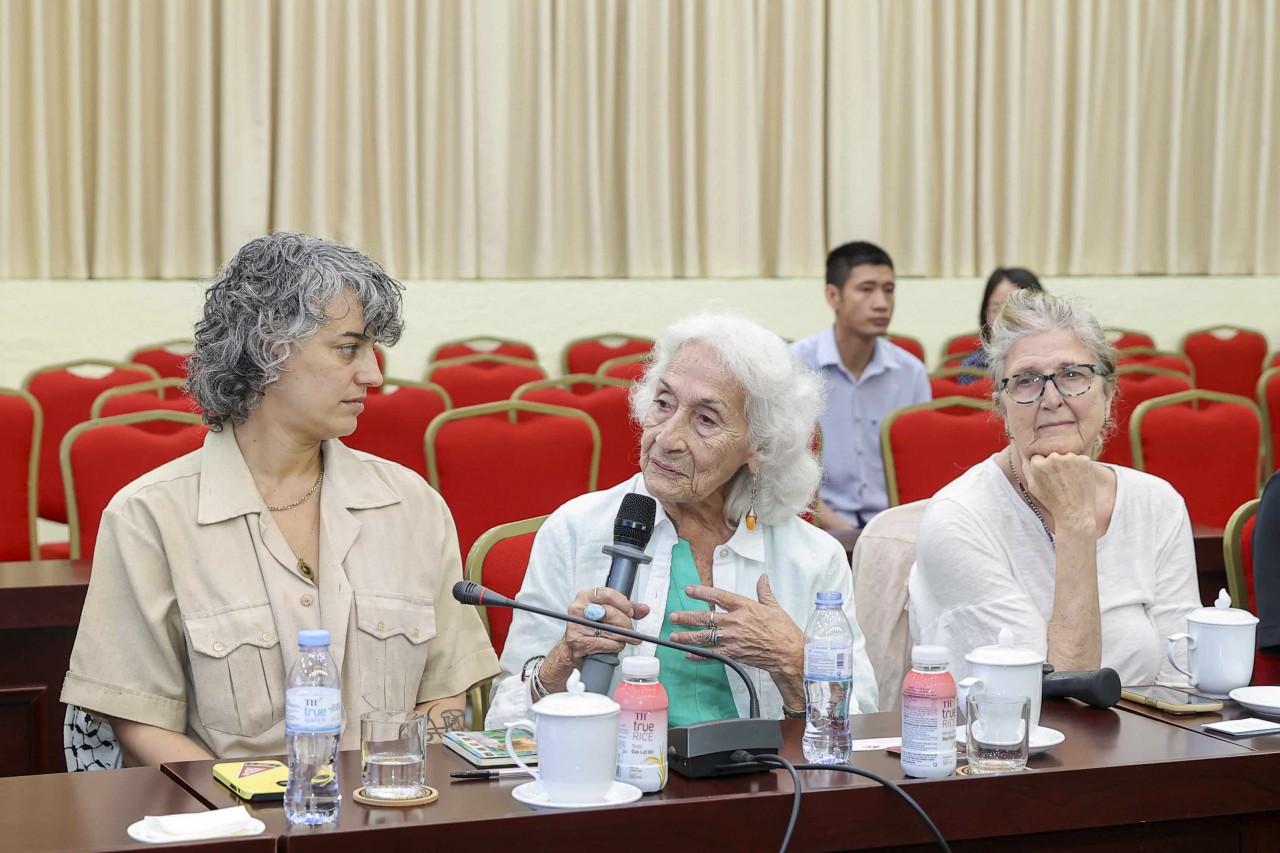 Friendship
Friendship



